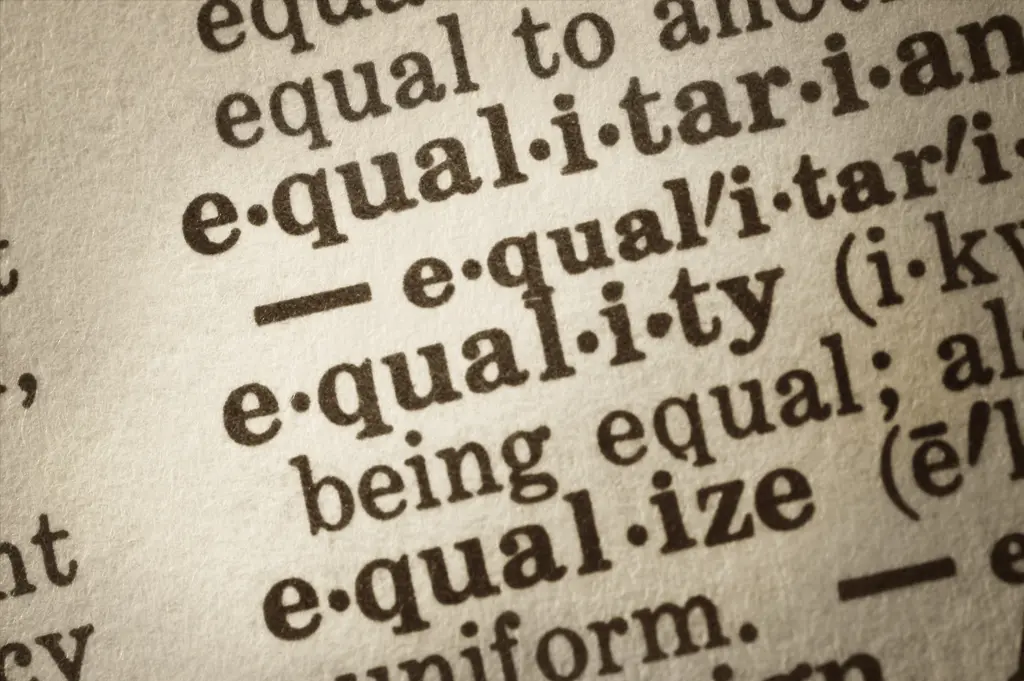
10 October 2021 marks World Mental Health day. The World Federation for mental health has themed this year’s event “Mental Health in an Unequal World”. Mental health conditions can substantially affect all areas of life, such as school or work performance, relationships with friends and family, and the ability to participate in society. Mental health concerns everyone. It affects our ability to cope with and manage change, life events and transitions such as bereavement or retirement. All human beings have mental health needs, no matter what the state of their psyche.
Mental health is still surrounded by fear, misunderstanding and discomfort. The history of mental illness is one of exclusion, separation, and distinction. The stigma and discrimination associated with mental health issues add to experiences of exclusion, separation, distinction, and distress. People have historically associated mental illness with being ‘crazy’, ‘mad’ or ‘bizarre’ behaviours, leading people to resist expressing their mental health needs and seeking care and support.
According to the World Health Organisation, depression is the leading cause of disability. From the number of people living with depression, over 75% of people in low or middle-income countries receive no treatment. In terms of expenditure, the World Health Organisation notes that the median expenditure for mental health is less than 2%.
Inequalities in wealth, power, knowledge, influence and prestige, have powerful impacts on mental health. Persons in more vulnerable socio-economic positions experience higher levels of chronic stress; that is, their social environments subject them to more stressful conditions and limit the coping resources available to deal with chronic stresses such as unemployment, insecurity, violence or poverty.
Chronic stressors (i.e., poverty, unemployment, marital and family disruption, discrimination, and poor physical health) disproportionately affect minority groups. Members of minority groups also face higher levels of stigma and conflicting cultural messages as they are expected to conform to the values and standards of the majority, with racism and discrimination being significant sources of stress.
Although mental health issues may affect everyone, certain groups are impacted more than others. Inequalities in gender, economic status, sexual orientation, disability, and the society a person comes from may seriously impact their mental health and wellbeing. Yet, it is these same categories of people who are most excluded from decent, supportive and accessible mental health care services. Not only do our schools and government institutions contribute to structural inequality and mental distress, but these institutions are least geared towards addressing the harm to mental health that they facilitate. It is time that we take a serious look at ourselves and our society and rethink how we and our State institutions support those who need it most. Ultimately every human being is entitled to have their inherent dignity respected and their right to physical and mental health and well-being protected.
By Thabo Buthelezi, SALC researcher



